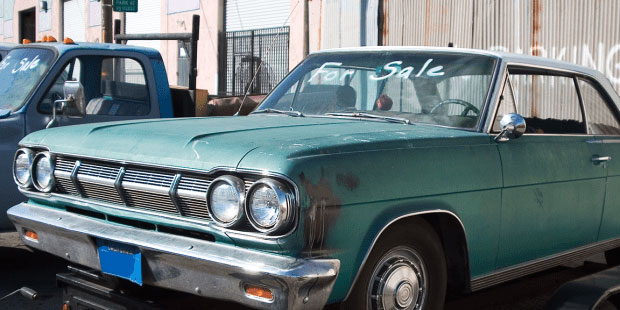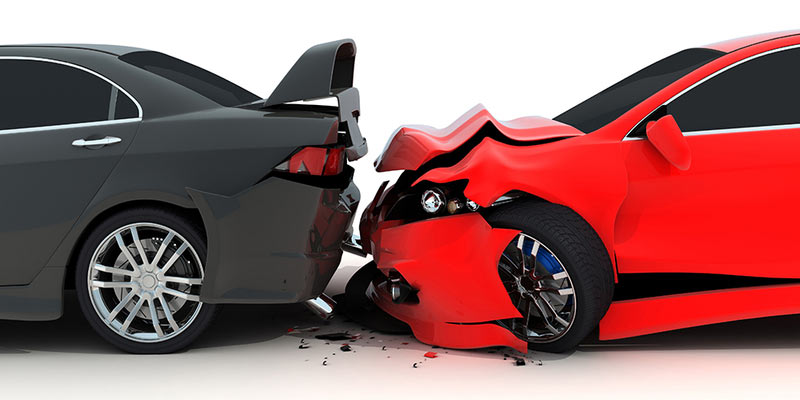A car is considered to have a salvage title if it has been involved in an accident or been damaged in some other manner, and the damage was so severe that the insurance company decided it was not financially viable to attempt to restore the vehicle. After this, the vehicle's title is "branded" to indicate that it is a salvage vehicle, and in many circumstances, the automobile is sent to "auto heaven."
However, there are situations when car aficionados may sell salvage title cars because they want to acquire them for the components or because they believe they can patch them up for good. They could put them to use as a low-cost mode of transportation or fix them up for sale whenever the time comes. If you are contemplating acquiring a vehicle with a salvage title, you should proceed with caution since there are several factors to consider. The question of how to pay for it is one of the earliest. If you don't have the funds, the issue that must be answered is, "Can I finance a car with a salvage title?"
Automobiles with a salvage title have not been fixed and are not legally driving on public roads. On the other hand, these automobiles are sometimes subjected to restoration, and after the process, they emerge in a state that allows them to be driven safely. After this stage, the automobiles are considered to be refurbished and given new titles. When it comes to financing, a car with a salvage title and one that has been rebuilt are two quite different animals from each other. And the distinction is quite important for the solution to our problem.
A Car With a Real Salvage Title
When it comes to a car with a salvage title, it will be difficult, if not impossible, to obtain competitive financing options for the vehicle. The fact of the matter is that most financial institutions may consider a salvage title associated with an extremely high level of risk. Who could possibly blame them? The insurance company had a justification for declaring the car a complete loss and writing it off as a total loss.
Suppose a reputable firm that already has a financial investment in the vehicle has determined that it is not worthwhile to invest in it. In that case, there is a good possibility that another company will come to the same conclusion. Traditional lenders may not be ready to work with you to get finance for a salvaged car that has not been rebuilt; however, some of your family members or friends may be prepared to take a risk on you and offer you the necessary dollars if you ask them nicely.

But you need to consider whether or not you are prepared to take on the obligations involved before you buy a car that has been previously wrecked. Before the vehicle can be categorized as a "rebuilt" car, you will first need to make significant repairs to it before you are permitted to drive it on public roads. Additionally, the vehicle may need to pass an inspection for you to be able to sell it as such.
A Salvage Car That Is Rebuilt
It will still be tough to get a loan at terms that are fair to purchase a reconstructed automobile. On the other hand, this might prove to be less difficult than the practically impossible task of obtaining finance for a car with a salvage title. The most important thing is to provide evidence to the creditor that the car has undergone extensive repair work and is now in great, risk-free operating condition.
You can do this by using the services of a professional, impartial, and licensed mechanic who will evaluate the car and provide you with a report stating that it is in good health. However, you should check with the owner since they have likely already done this. When you arrived to look at the automobile, it is most possible that they showed you this as the very first item.
What Should You Bring

Lenders are going to evaluate the degree of risk that they pose before deciding on whether or not to make a loan. It is in your best interest to bring everything and everything you own that can assist persuade them that you are a borrower with a low-risk profile. A statement from the technician who worked on your vehicle and your stellar credit rating will be the two most compelling pieces of evidence in your favor. In addition, it wouldn't hurt to offer evidence that your driving record is spotless.




